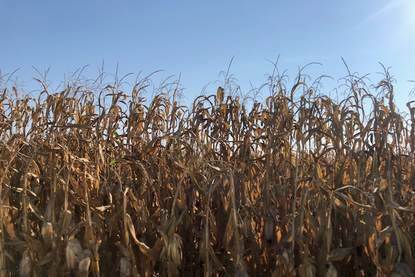The Netherlands
November 12, 2020
A proposal to extend the use of genetically modified (GM) components in production, placing on the market and use in animal feed for the next three years, until January 1, 2024 has been submitted by a group of members from the Polish parliament outside the governing party. A proposal is now being in consultation among different farmer’s associations.

The discussion about the GM components in animal feed has a long history in Poland. In 2006, Poland adopted restrictive provisions banning the use of the GM components in animal feed in the National Legal Act on Feed. Originally these provisions were going into force in 2008. Since 2006, Polish scientific institutes have carried out relevant research indicating on no negative impact of GM components for quality and safety of animal products, animals and health of people. Therefore, the date of entry of this ban to use the GM components in animal feed has been postponed several times, until January 1, 2013, then until January 1, 2017, until January 1, 2019 and finally until January 1, 2021.
The main reason of extension of the use of GM components in animal feed is to prevent shortages of protein ingredients in animal feed. Soybean meal is an important component of animal feed which Poland imports (around 2 M tons per year) mainly from Argentina, Brazil, the USA. The Polish Ministry of Agriculture envisages to at least partially become independent from the import of soybean meal, and therefore it has looked for opportunities how to exchange soybean meal with the domestic protein crops.
The total domestic production of high-protein feed raw materials in the 2019/20 season amounted to 1.86 million tons and was close to the level of the previous season (data of the National Institute of Agriculture and Food Economics). The production of rapeseed meal reached 1,488 thousand tons (increase by 0.8%), the harvest of fodder pulses for grain amounted to 346 thousand tons (a decrease by 2%).
In the current season (2020/21), an increase in the domestic production of high-protein feed raw materials is forecasted. Due to the higher rape harvests, its processing and meal production will increase (to approx. 1,590 thousand tons, i.e. by almost 7%). The harvest of fodder pulses for grain is also likely to be higher (by approx. 10%).